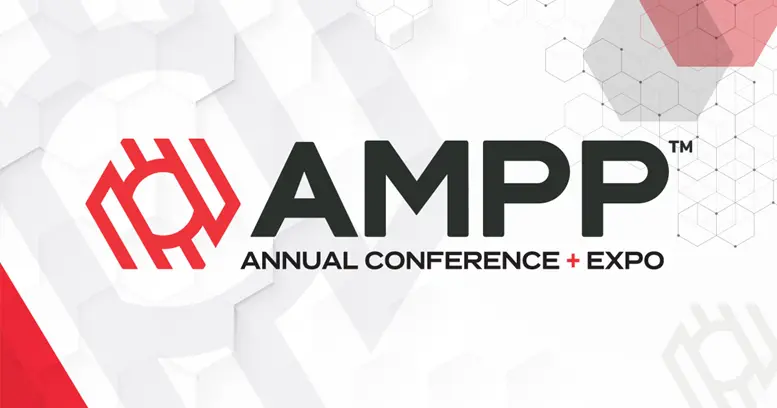
Corrosion protection: AMPP’s mission and future perspective
The AMPP Conference + Expo is an essential platform for presenting technological advances, sharing knowledge and strengthening the professional community.

The AMPP Conference + Expo is an essential platform for presenting technological advances, sharing knowledge and strengthening the professional community.
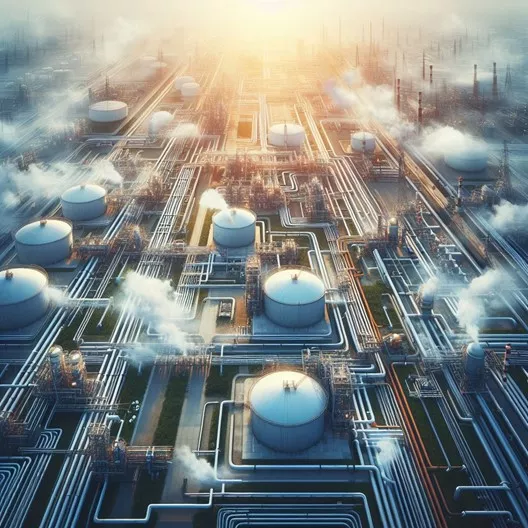
Wet H2S corrosion damage impacts the oil industry, detailing causes and mitigation measures.
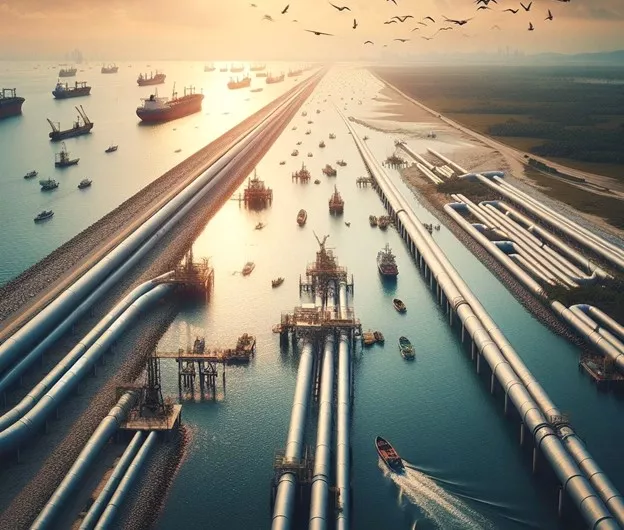
Author: Ing. Mario Toyo, February 17, 2024. Subsea pipelines are systems that are fully or partially submerged in water and are of critical importance in the…
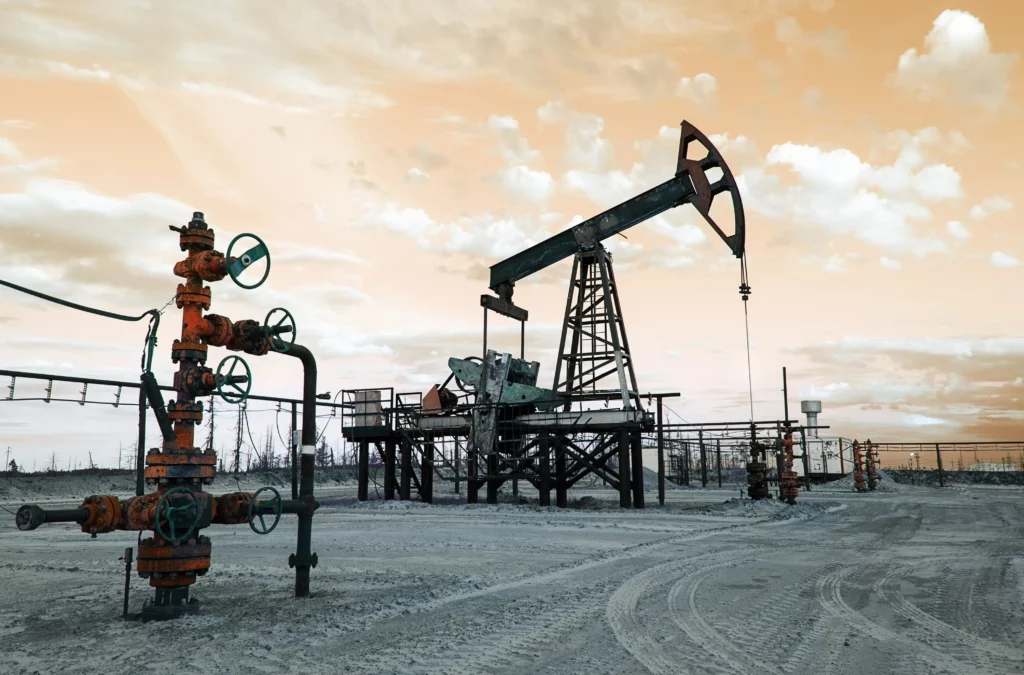
CO₂ corrosion in hydrocarbon pipelines can be controlled by selecting specific inhibitory materials and techniques.
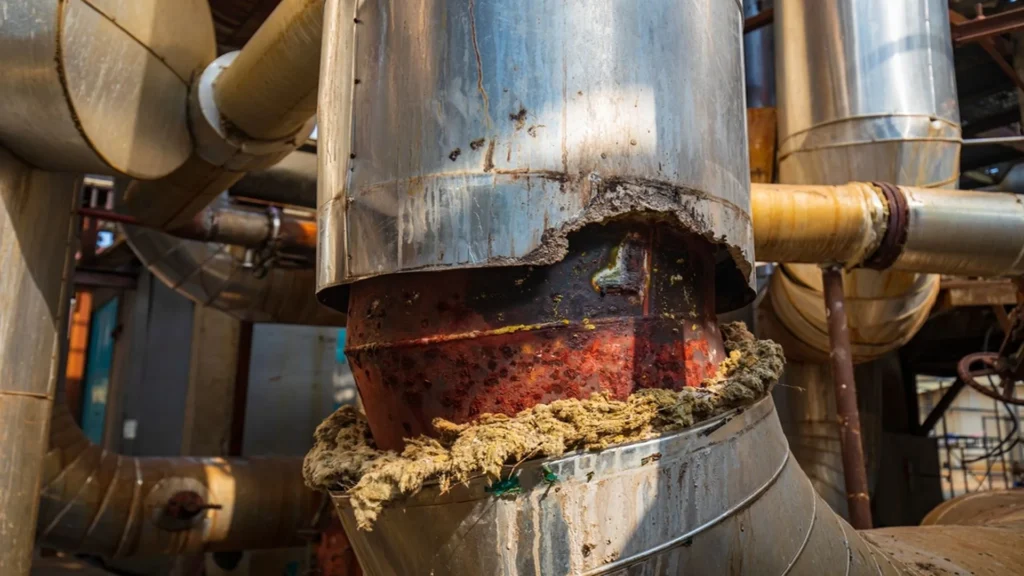
Addressing Corrosion Under Insulation in oil and energy requires a Risk Based Assessment (RBI) for effective management strategies.
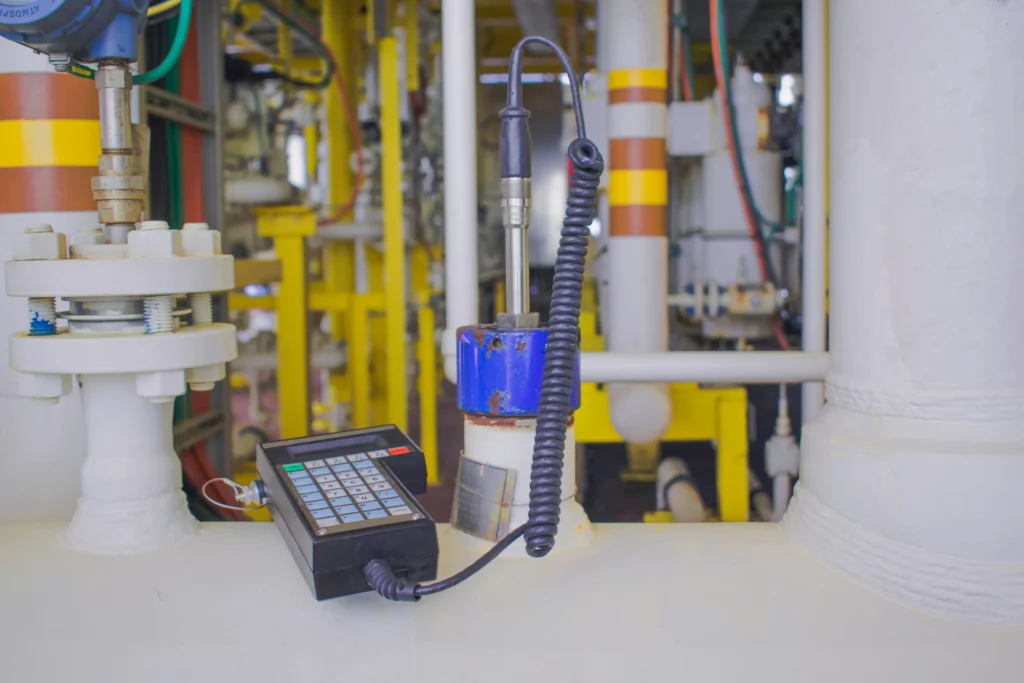
In the field of corrosion engineering, coupons stand out as necessary tools to study and control the effects of corrosion on materials and structures.
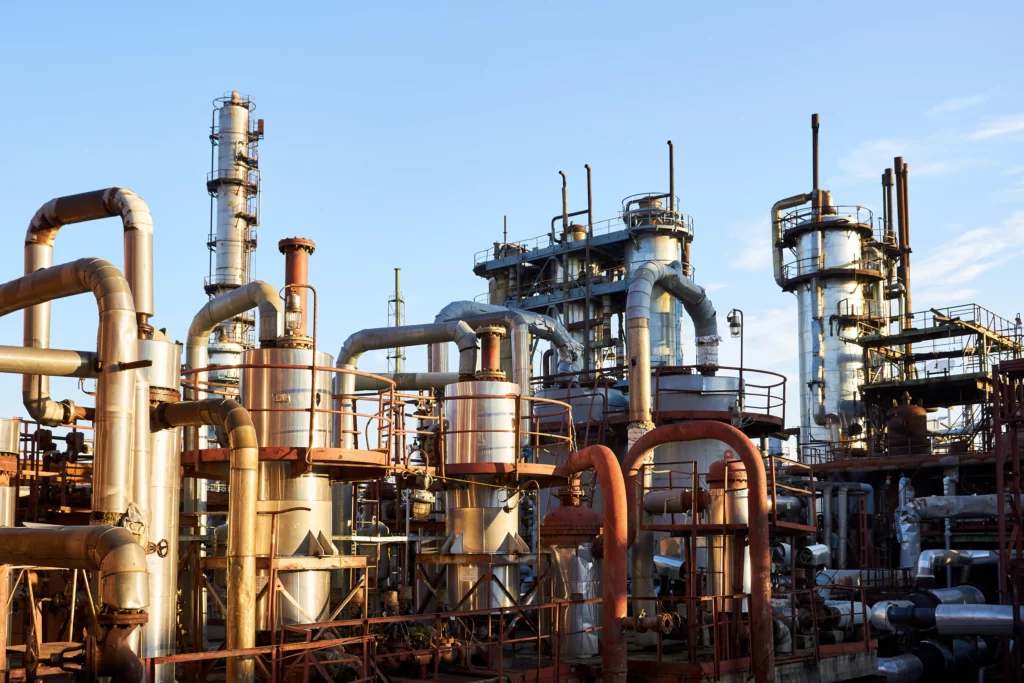
Crude oil, which originates in natural deposits, contains components such as groundwater and sediments, causing corrosion and economic losses in its processing.

Special alloys pipes guarantee integrity and safety in critical industrial sectors thanks to its properties and resistance.
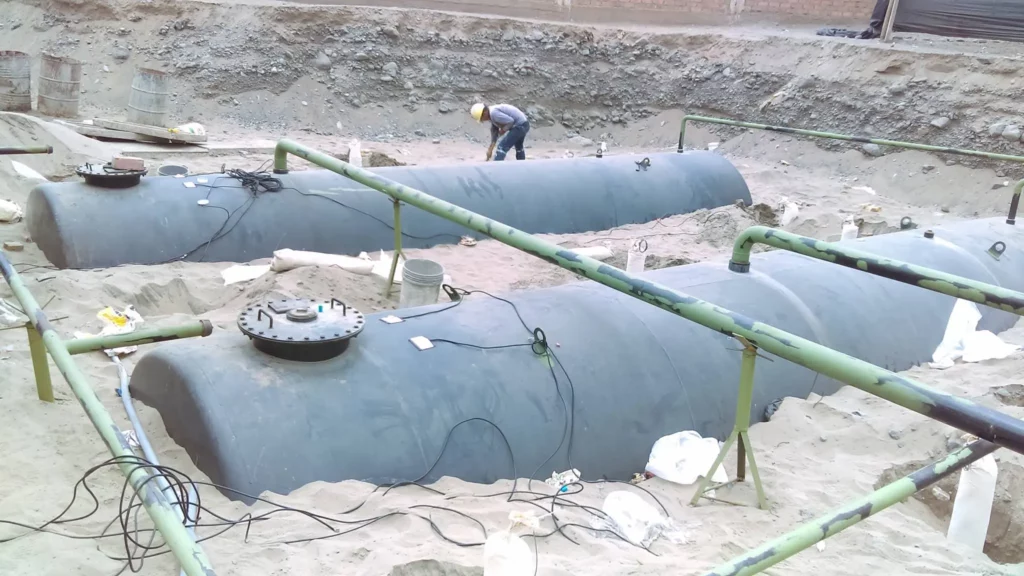
Pulsed Current Cathodic Protection (PCCP) offers superior corrosion control in buried pipelines over traditional methods.
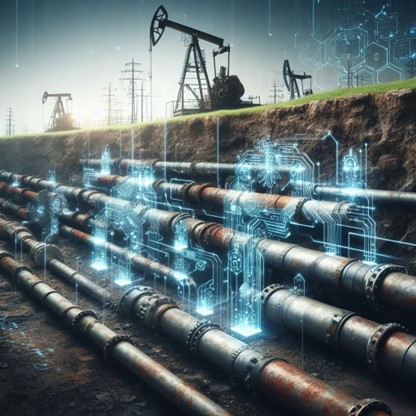
Corrosion mitigation in buried pipelines now integrates advanced coatings, cathodic protection and real-time monitoring for long-term asset reliability.
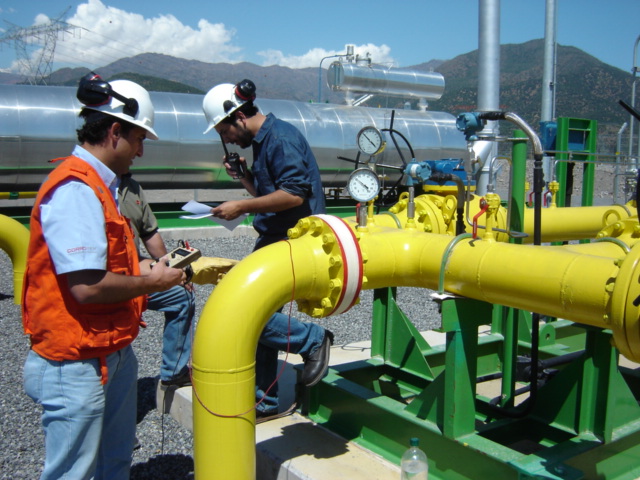
Pipeline corrosion and erosion monitoring is crucial to minimize unplanned shutdowns and preserve the integrity of industrial assets.

Their resistance to thermal and chemical shocks makes them essential in furnaces, boilers and reactors in the oil and gas industry.